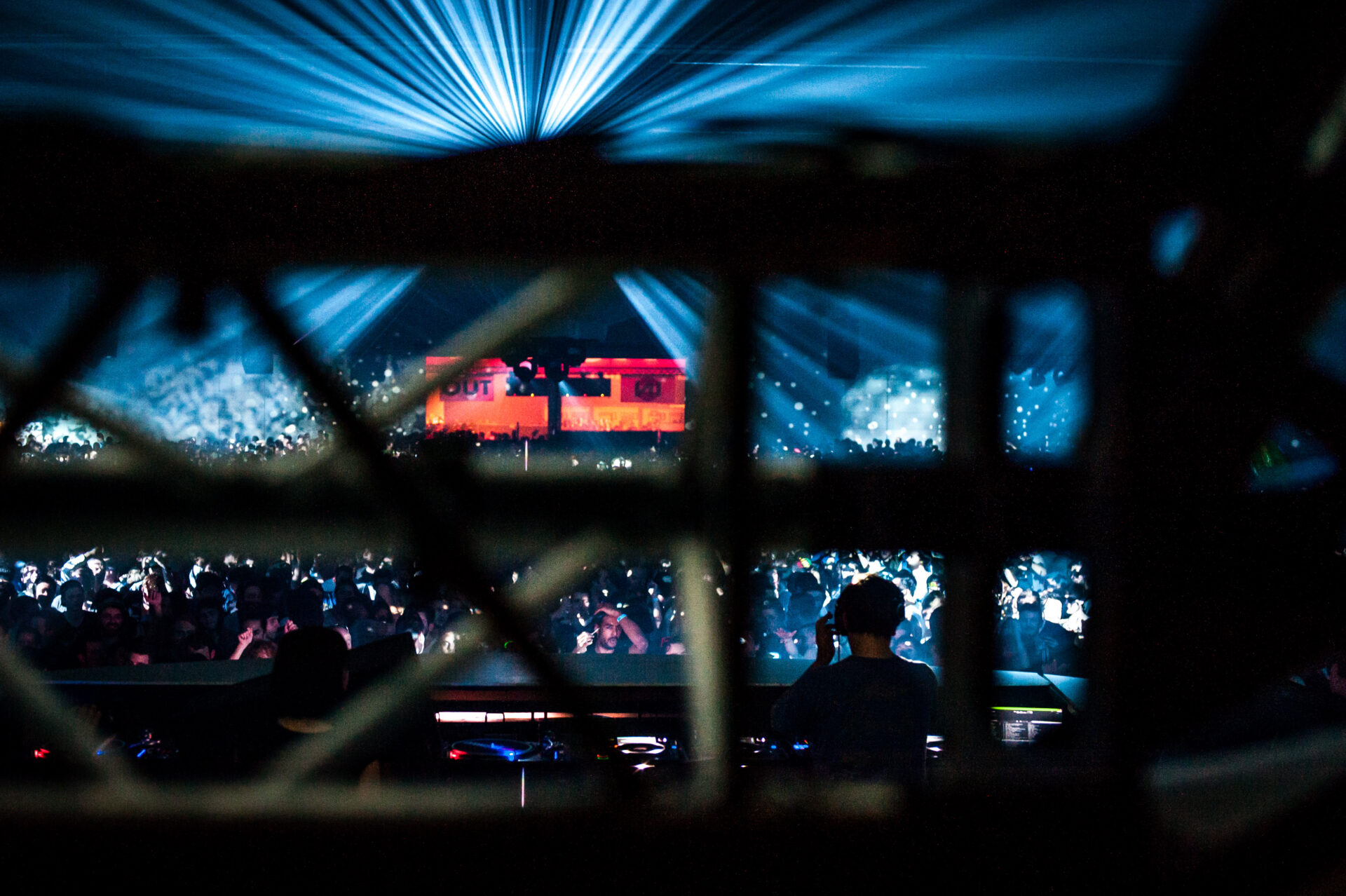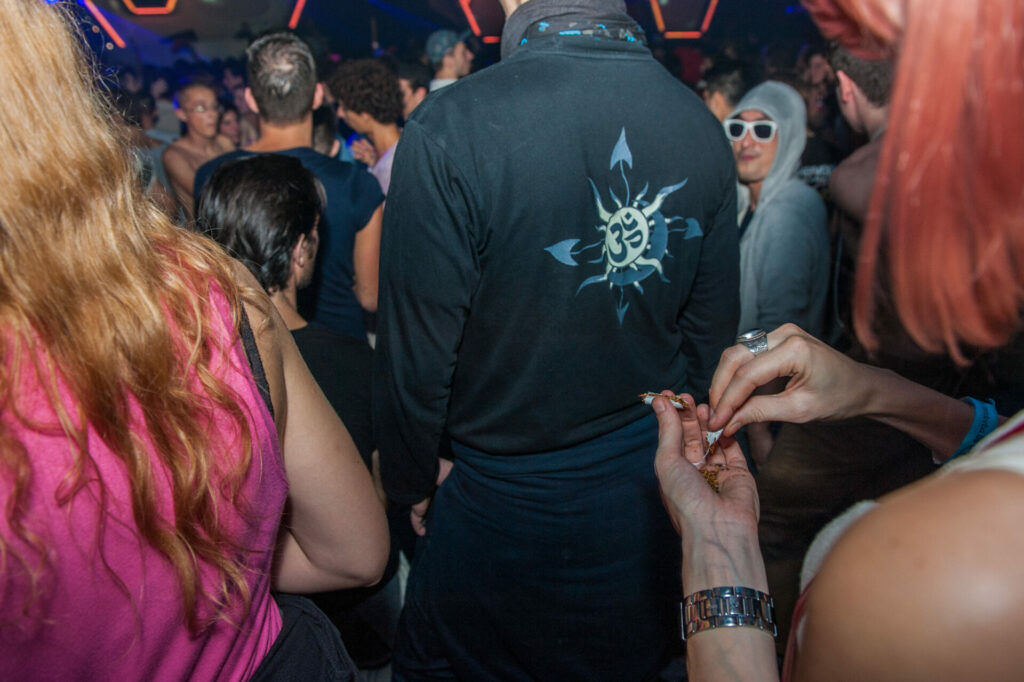The use of illegal drugs in nightlife has been a constant, even though it is forbidden, so how do you deal with that as an organiser?
"We do our best to raise awareness in advance and help during, but it is a difficult spread because there is no framework", Leendert Nijns of club concept "nacht" in Leuven, told VRT.
The weekend, for many people, means partying. And partying for many people means taking drugs – from alcohol to cocaine, ecstasy or ketamine. This is the conclusion of a study by the Flemish Expertise Centre for Alcohol and Other Drugs (VAD). Leendert Nijns also confirms this. He is part of the collective behind "nacht" in Leuven, held at the Stelplaats nightclub.
"Nacht" was founded by the Safe(r) Space team. A group of volunteers who "patrol" the hall all night. "These are people who are building a safe space, who are actively participating in it. They inform and try to prevent people from hurting themselves or others. So do harm reduction," Nijns explained in the VRT interview.
A Leuven club, "nacht" adheres to zero tolerance for drugs. "We raise awareness right at the door. They must verbally agree to our principles so that they know what kind of party they are entering. For example, we try to discourage people who only come to party with the intention of experimenting with drugs," said Nijns.
"Of course, we can only intervene when we see something," said Nijns. So, the Safe(r) Space team, when they spot drug use in the room, they approach the user. They then have the choice to hand in the drugs or leave.
"That's how we try to keep our club safe, but of course we can never see everything or go everywhere," Nijns said.

Credit: Belga / Jonas Roosens
Those who want to use drugs will probably find a way to do so. And then there is always a chance that things will go wrong. Nijns and his colleagues are also trying to respond to this. The volunteers of the team are very visible, so they can be a point of contact for revellers and their friends, when things are not going well anymore.
"We will then have a cordoned-off room, separate from the party but still with us. This way people can recover without having to leave the party. There we give them as much time and space as possible, but also, for example, sugared drinks and salty snacks to bring them back," Nijns explained.
Helping drug users is necessary, and that is sometimes necessary in nightclubs. But its use is prohibited. How the club handles this is a delicate balance.
"We know that nightlife encourages experimentation. Whether that's experimenting with someone's identity or experimenting with drugs. That is the reality. But unfortunately, there is no framework to intervene. We don't have much to fall back on in terms of legal grounds. We are not police. We're just volunteers doing our best at a party. According to principles that we have received from others who are working on the same thing," Nijns concluded.

